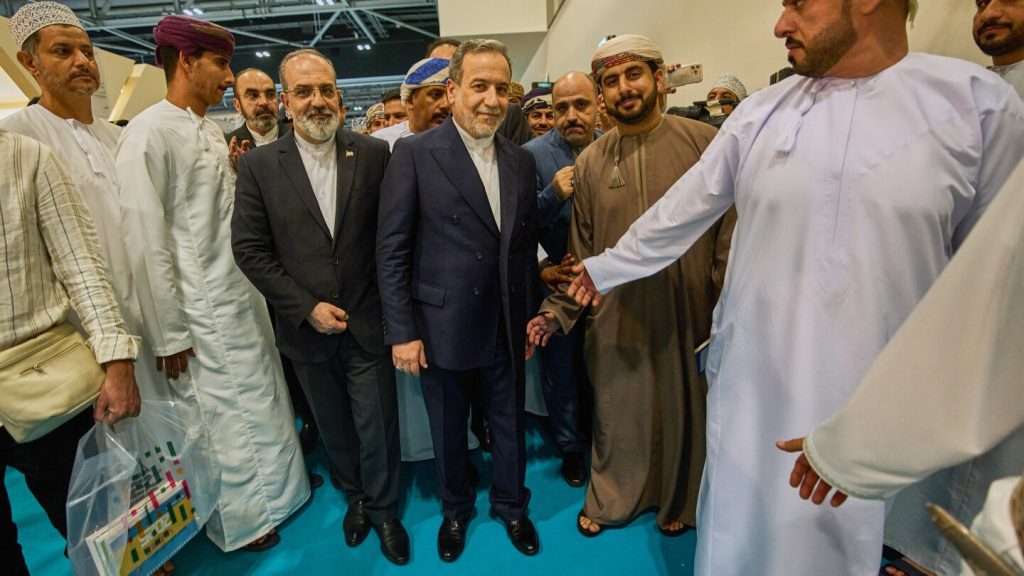Negotiations in Oman
MUSCAT, Oman (AP) — In-depth discussions took place between Iran and the United States in Oman regarding Iran’s swiftly advancing nuclear program. The talks concluded with an agreement to continue discussions, possibly culminating in another high-level meeting next weekend.
Details of the Talks
The negotiations lasted several hours in Muscat, the picturesque capital surrounded by mountains. Iranian Foreign Minister Abbas Araghchi stated that both parties exchanged detailed written points during what he described as “serious and work-focused” discussions. He noted the talks had progressed to deeper, more detailed subjects, while acknowledging that significant disagreements remain.
Positive Perspectives
A senior official from the U.S. administration characterized the talks as “positive and productive.” The official, speaking anonymously, mentioned that these discussions, which spanned over four hours, made some headway towards a potential agreement and that plans are underway for another meeting in Europe soon. Gratitude was expressed to Omani partners for their role in facilitating the talks.
Omani Mediation and Future Meetings
Omani Foreign Minister Badr al-Busaidi, who has previously mediated talks in Muscat and Rome, provided an optimistic outlook, stating that Iran and the U.S. shared aspirations for an agreement based on mutual respect. He indicated that core principles and technical concerns had been addressed and anticipated further discussions the following week, with a provisional high-level meeting set for May 3.
Context of the Negotiations
The discussions aim to restrict Iran’s nuclear program in return for some relief from the stringent economic sanctions imposed by the U.S., amid decades of tension. U.S. President Donald Trump has previously hinted at military action if a deal is not reached, while Iranian officials have warned of pursuing nuclear weapons capabilities due to their enriched uranium stockpile.
Expert Teams and Divergent Positions
From the Iranian side, Deputy Foreign Minister Majid Takht-e Ravanchi led the expert team, while the U.S. team was directed by Michael Anton, who lacks the nuclear experience of Washington’s previous negotiators. Although Iran insists on maintaining its enrichment activities, conflicting statements have emerged regarding the specifics of uranium enrichment levels required for a deal.
Public Sentiment
Many in Iran remain hopeful about the talks succeeding, especially given a recent recovery of the Iranian rial. Residents express a willingness to negotiate on the nuclear program while emphasizing the need to safeguard national interests amidst the challenges faced due to sanctions.



